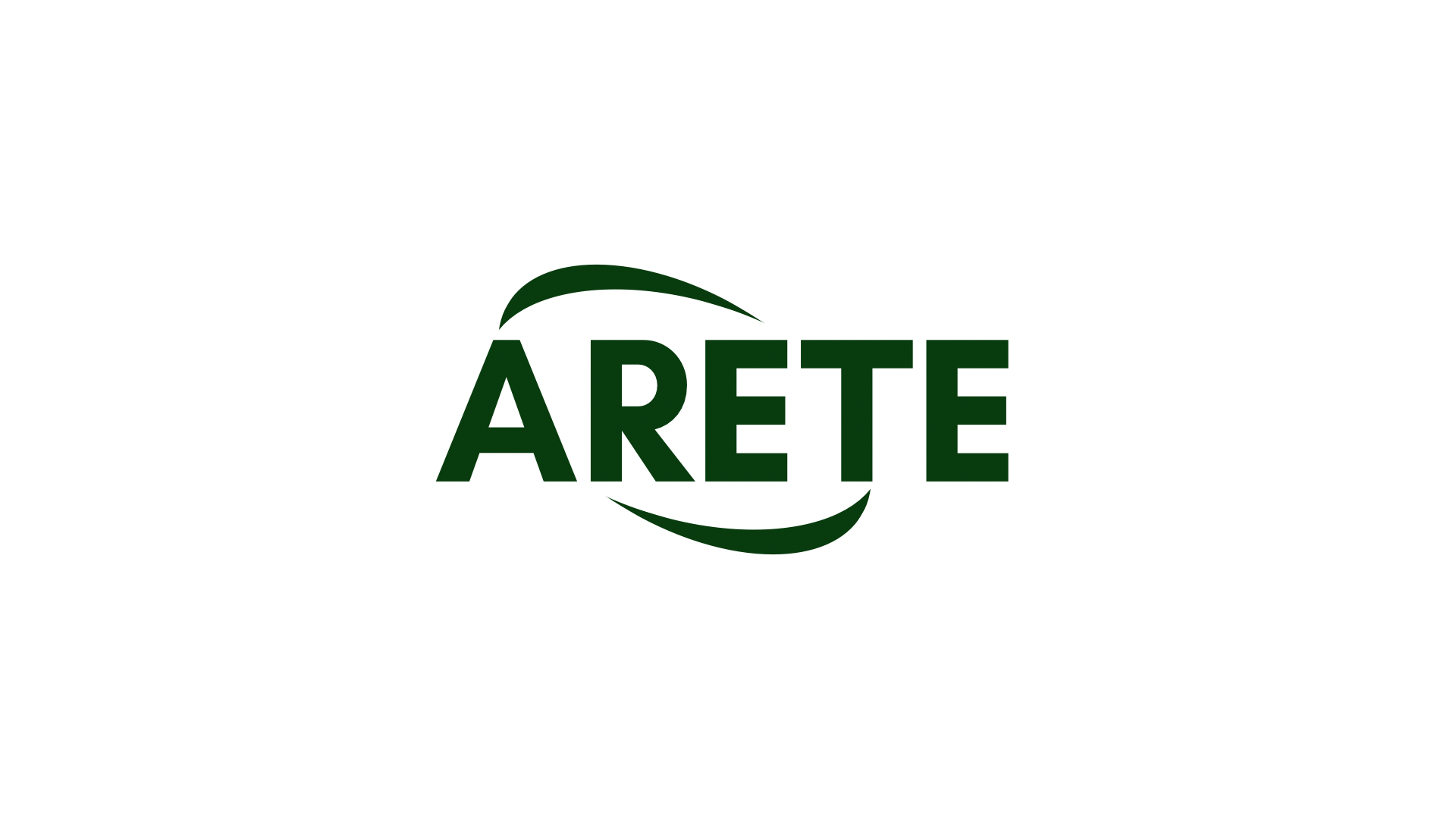Ethereum Community Discussion: Is the BIP 39 Checksum a Security Risk or a Convenience?

The development and maintenance of the Ethereum blockchain has sparked an intense debate among developers, researchers, and users about the role of the Bitcoin Improvement Proposal (BIP) 39 mnemonic checksum. This article examines the arguments for and against removing the BIP 39 checksum, as well as the potential security implications.
What is a BIP 39 checksum?
The BIP 39 mnemonic is a cryptographically secure way to store and verify private keys. It generates a 12-word, 28-character (16 letters, 8 numbers, and 4 special characters) phrase that serves as the password for each individual Ethereum account. The checksum is calculated from the first five words of the mnemonic phrase. This ensures that any changes or modifications to the original phrase result in the same checksum.
Why remove the BIP 39 checksum?
Proponents argue that the BIP 39 checksum can pose security risks when combined with other factors, such as the Ethereum network’s random number generator (RNG). In a secure system, the random number generator should be able to generate new numbers for each account without being influenced by external factors such as a mnemonic. However, the current implementation has an inherent weakness: if the checksum changes due to a change in the mnemonic phrase, the resulting checksum may not match the original one, which can lead to unauthorized access to accounts.
Return Case
Critics counter that removing or optionalizing the BIP 39 checksum would result in:
- Increased Complexity: Users and developers would have to relearn how to create and verify mnemonics, which could increase complexity.
- Efficiency:
The current implementation allows users to store a large number of mnemonic characters, which can be tedious for users with extensive knowledge of cryptography.
- Security Risks: As mentioned above, a checksum alone may not provide sufficient security when combined with other factors, such as a weak random number generator.
Arguments for making the optional BIP 39 checksum optional
Others argue that making the optional BIP 39 checksum optional would give users a choice in how they want to store and verify their private keys. This approach would be:
- Promote flexibility: Users can choose from multiple mnemonic lengths and implementations, allowing them to select the one that best fits their needs.
- Reduce complexity: Providing an option allows users to avoid having to relearn complex cryptographic concepts or use a fixed-length passphrase.
Conclusion
The debate over the BIP 39 checksum continues, and both sides have valid arguments. Due to potential security risks, it may be tempting to remove the checksum entirely, but keep the following in mind:
- Security solutions: The current implementation has proven sufficient for most users, and optionalizing the checksum would not significantly impact security.
- User preferences: Providing an option allows users to select their preferred approach, ensuring they can continue to use the mnemonic of their choice.
Ultimately, the removal of the BIP 39 checksum from the standard is still a topic of discussion in the Ethereum community. As the ecosystem continues to evolve and grow, it is important to find a balance between security and convenience.
Recommendations
To mitigate potential security risks associated with the current deployment, the following recommendations can be considered:
- Improve RNG: The Ethereum team could explore ways to improve the performance and randomness of the random number generator.
2.

